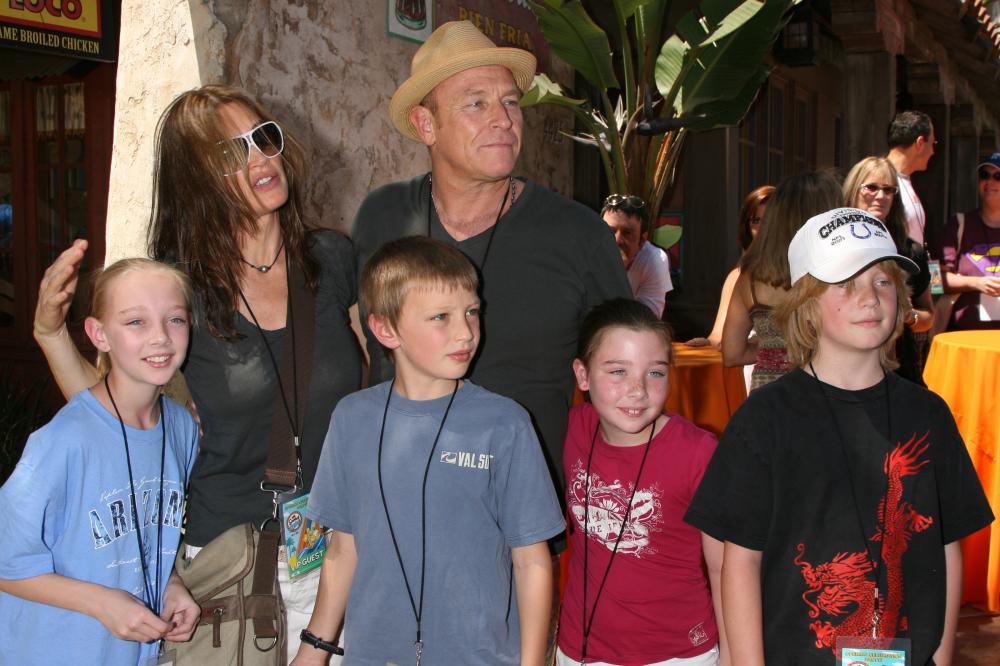
Understanding a Universal Theme
In the realm of songwriting, grasping a universal theme is akin to discovering a golden thread that weaves through the heart of humanity. The concept isn’t merely about writing songs that sell; it’s about creating music that resonates deeply with people from all walks of life, across the globe. At Songwriting Books, we delve into the essence of what makes a theme universal, offering tips and insights to help songwriters tap into these rich veins of shared human experience.
Why Universal Themes Matter
A universal theme acts as a bridge between the songwriter and the listener, transporting the essence of shared human emotions and experiences through melody and lyrics. It’s about crafting stories through songs that speak to the listener, making them feel understood, seen, and connected. As songwriters, when we anchor our work in a universal theme, we not only enhance the relatability of our music but also its potential to leave a lasting impact.
Identifying a Universal Theme
Finding a universal theme in your songwriting can sometimes feel like searching for a needle in a haystack. However, some themes have timelessly resonated with audiences. Love, loss, triumph, and resilience are just a few examples. These themes carry a potent emotional charge that can touch listeners deeply, regardless of their personal background or experiences.
Songwriting Tips for Universal Themes
Connecting with the Audience
Understanding your audience is crucial when exploring a universal theme. Think about the emotions you want to evoke and craft your lyrics and melodies to guide your listeners through that emotional journey. Relatability is key, and genuine stories or feelings can often reach deeper than generic descriptions.
Drawing from Personal Experiences
Your personal experiences are a goldmine for discovering universal themes. By sharing your own stories and emotions, you tap into the collective human experience. Remember, the more specific you get, the more universal it becomes.
Genre-Specific Approaches
While a universal theme transcends genre, the way you present it might vary depending on your musical style. A ballad might delve deeply into emotional vulnerability, while a pop song might approach the same theme with a more upbeat, hopeful tone. Understanding the nuances of your genre can help tailor the universal message to fit the musical expectations of your audience.
Examples of Universal Themes in Songwriting
- Love and Heartbreak
- Struggle and Triumph
- Searching for Meaning
- Growth and Change
The Power of Melody and Lyrics
Melody and lyrics are the vehicles through which a universal theme is communicated. A compelling melody can evoke emotions that words alone cannot. When combined with thoughtful, relatable lyrics, a song has the power to reach into the hearts of listeners and connect with them on a profound level.
Embracing Universal Themes
At Songwriting Books, we encourage songwriters to not shy away from a universal theme. It’s through these themes that your music can transcend personal boundaries, becoming a part of the larger, collective heartbeat of humanity. By exploring these themes with authenticity and courage, you not only enrich your songwriting but also contribute to the tapestry of human experience.
Advice for Aspiring Songwriters
For those just embarking on their songwriting journey, consider a universal theme as your compass. It can guide your creativity, providing direction and purpose to your work. Remember, every songwriter has a unique voice and perspective to offer. By weaving your personal insights and experiences into the broader narrative of human experience, you can create music that resonates on a global scale.
Conclusion
In conclusion, a universal theme holds the key to creating music that resonates with a wide audience. It’s about tapping into the shared emotions and experiences that unite us all. At Songwriting Books, we’re passionate about helping songwriters explore these themes, encouraging them to craft songs that not only entertain but also connect and inspire. Whether you’re a budding songwriter or a seasoned professional, remember that your music has the power to touch hearts and change lives.

Which is an example of a universal theme?
One poignant example of a universal theme is the concept of love and heartbreak. Throughout history and across cultures, songs, literature, and art have explored love’s highs and lows, making it a relatable experience for nearly everyone. It’s a theme that resonates because it speaks to the core of human emotions, capturing the joy of love found and the despair of love lost. By tapping into this theme, songwriters can connect on a deeply emotional level with a wide audience, transcending personal and cultural differences.
What are some universal themes?
Several universal themes have stood the test of time, consistently finding their way into our songs and stories. These include the quest for identity, the battle between good and evil, the journey of growth and discovery, and the struggles and triumphs of human life. Each of these themes can evoke a powerful response because they mirror the fundamental aspects of the human experience. Whether we’re navigating personal challenges or seeking our place in the world, these themes offer a lens through which we can explore our shared humanity.
What is an example of a universal concept?
A universal concept that transcends the arts and enters everyday life is the quest for happiness. Across cultures, languages, and periods, the pursuit of happiness has been a driving force behind human behavior and societal norms. In songwriting, this concept often surfaces through narratives of overcoming adversity, finding love, or experiencing contentment in life’s simple pleasures. This universality allows songwriters to engage with listeners on a fundamental level, offering hope, empathy, and understanding through their music.
How do I find universal themes?
Finding universal themes in songwriting often requires introspection and observation. Start by reflecting on your own experiences, the emotions you’ve navigated, and the lessons you’ve learned. It’s also helpful to observe the world around you, noting common threads in the stories and experiences of others. Books, films, and even conversations can be rich sources of inspiration. The key is to look for emotions, struggles, and triumphs that resonate on a human level, then explore how these can be woven into your songwriting to connect with a broader audience.
Why is authenticity important when exploring universal themes?
Authenticity is crucial because it’s the bridge between personal experience and universal resonance. When listeners detect genuine emotion and sincerity in music, they’re more likely to connect with the song on a deeper level. This doesn’t mean every song must be autobiographical, but it should stem from a place of truth and understanding. Even when exploring themes that are not directly from your personal experience, it’s important to approach them with respect and empathy, allowing listeners to see their own reflections in your songs.
How can I meld personal experiences with universal themes in my songwriting?
The art of songwriting often involves weaving the specific with the universal. Start with your personal story or emotion, then consider the universal theme it touches on. For instance, if you’re writing about a personal loss, think about the broader experience of grief and healing. By focusing on the emotions and insights that are universally relatable, while using your personal story as the vehicle, you can create songs that feel both intimate and expansive. Remember, it’s the specifics that make a story compelling, but the underlying emotions that make it universal.
How does genre influence the expression of universal themes?
While universal themes transcend genre, the way they are presented and perceived can vary significantly from one musical style to another. For example, a folk song might explore the theme of love through storytelling and acoustic instrumentation, creating a sense of intimacy and nostalgia. In contrast, a pop song might approach the same theme with upbeat tempos and catchy hooks, focusing on the exhilarating aspects of love. Understanding the conventions and emotional palette of your genre can help you tailor universal themes in a way that resonates with your specific audience, making the timeless feel fresh and new.
Songwriting Resources
- Berklee College of Music – Songwriting Course – Explore the art of songwriting with this course from Berklee College of Music, covering topics such as lyric writing, melody construction, and song structure.
- Songwriters Association of Canada – The SAC offers resources, workshops, and networking opportunities for Canadian songwriters looking to develop their craft and connect with industry professionals.
- Psycom – Depression Songs: Music that Lifts Your Mood – Discover how music can be a powerful tool for expressing and dealing with emotions, including depression, through this insightful article by Psycom.
- National Endowment for the Arts – Music Research and Analysis – The NEA provides valuable insights and studies on the role of music in society and its impact on individuals, offering a deeper understanding of the power of music in connecting people.